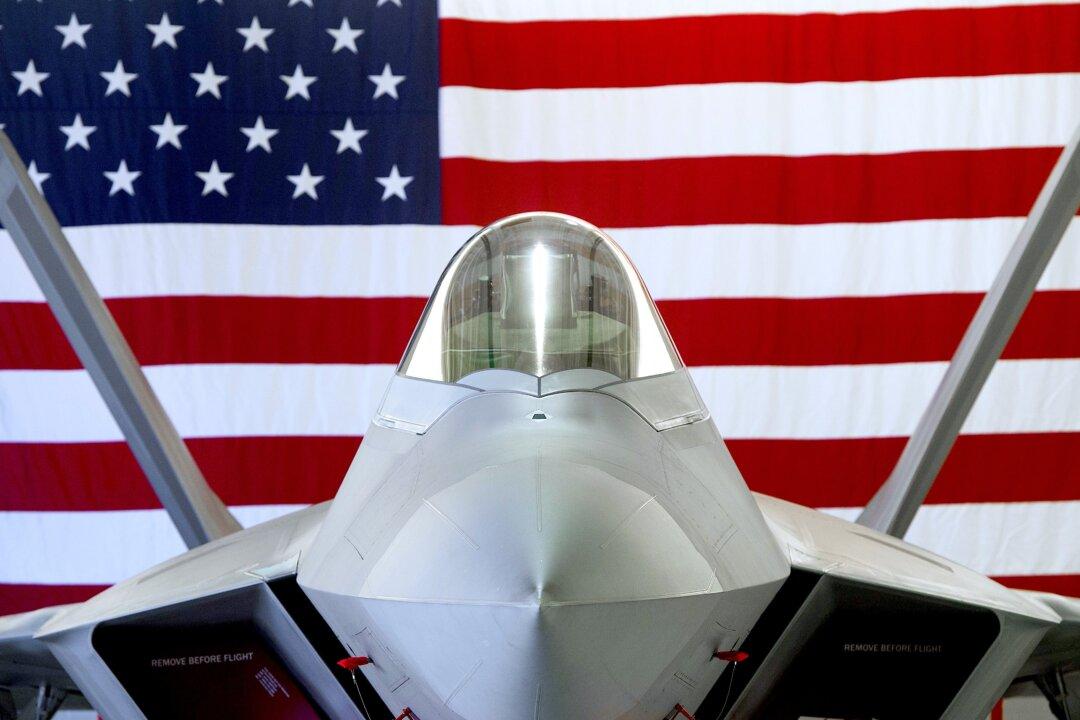News Analysis
The ammunition is running low, casualties are immense, medicine and other critical supplies haven’t come for weeks, and a nuclear attack on the U.S. homeland is imminent.

The ammunition is running low, casualties are immense, medicine and other critical supplies haven’t come for weeks, and a nuclear attack on the U.S. homeland is imminent.